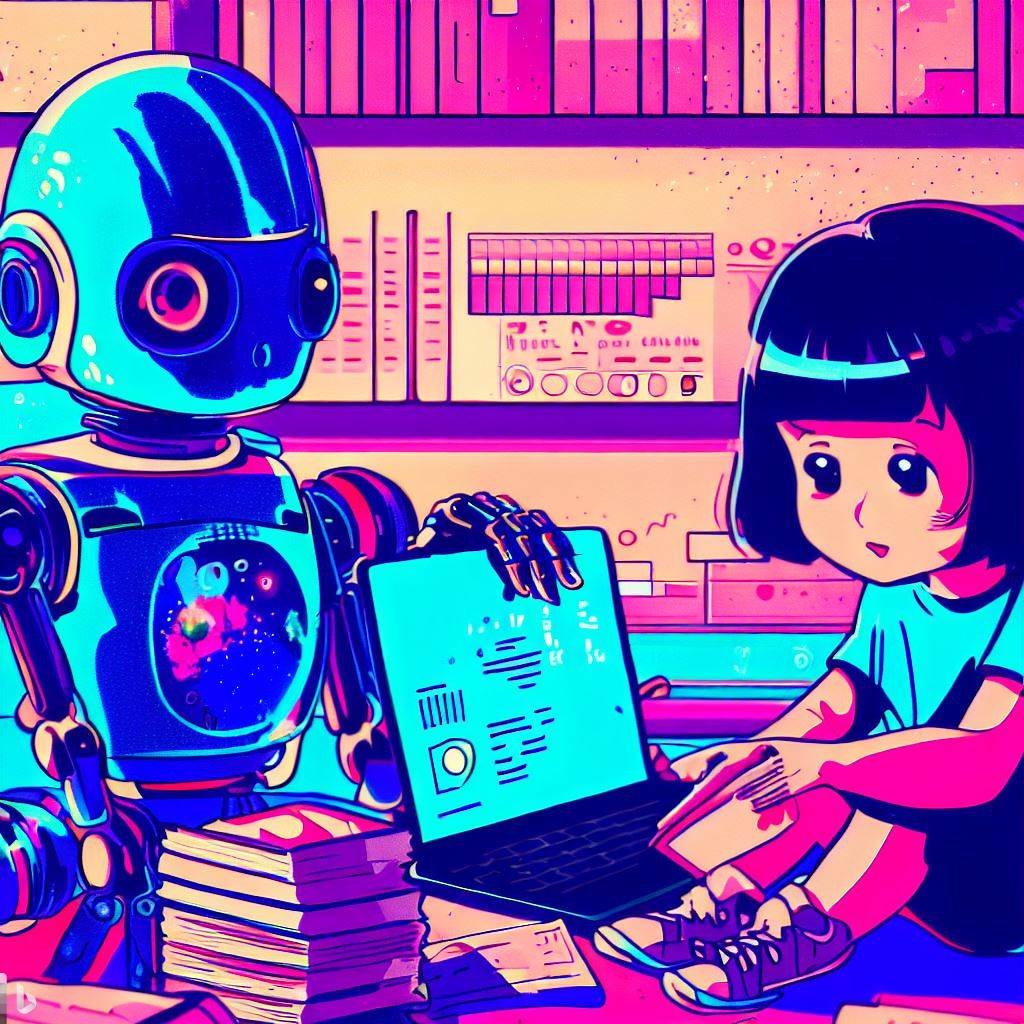The Role of Artificial Intelligence in Education: Insights from an International Consultant
The International Classroom Podcast, hosted by Alex Gray, features insightful conversations with global leaders in education. In a recent episode, Alex welcomed Leon Furze, an international consultant, author, and speaker with extensive experience in education leadership and artificial intelligence (AI). The discussion focused on the role of AI in education and the ethical considerations that educators should be aware of.
Leon Furze
Leon, a PhD student studying artificial intelligence in education, has witnessed the rapid adoption of AI tools in the education sector. One of the most notable recent developments is the launch of ChatGPT, an AI language model developed by OpenAI. This technology has garnered significant attention and widespread adoption, signalling a shift towards embracing AI in education.
Artificial Intelligence and Education
Furze began his journey with artificial intelligence in November last year, just two weeks before the launch of ChatGPT. He and his supervisor, Lucinda McKnight, who has been working in the field for years, were caught by surprise at how quickly AI became mainstream in education.
"One benefit of AI in education is the scale of adoption. I've never seen anything on this scale in education before in terms of a new technology coming out and people being so proactive in adopting it," says Furze.
The sudden surge in AI adoption in education highlights the need for schools to offer professional development to teachers. Furze believes that starting with ChatGPT, which has a low barrier to entry, can be an excellent starting point for teachers to familiarise themselves with AI technologies.
The Ethical Considerations of AI
However, as AI becomes more popular in education, it is crucial to address the ethical implications. Furze recommends Kate Crawford's book "Atlas of AI" as a good starting point for those interested in understanding the ethical considerations of AI in education, including bias, discrimination, and data privacy.
Furze states, "We're going to see a lot of people capitalising on AI, a lot of people developing apps, a lot of developers using the GPT-3. We need to be really aware of the ethical aspects of these technologies and work with trusted organisations that have an explicit approach to limiting the risk for harm."
A round table discussing the ethics of artificial intelligence
The Growing Divide and AI in Education
The widespread adoption of AI in education also highlights the potential for a growing divide between teachers and students who can use these technologies and those who cannot. Furze urges schools to be proactive in providing teachers with professional development opportunities to bridge this gap.
As AI technologies continue to advance rapidly, some experts have called for putting the brakes on large AI projects. However, Furze believes that AI can be harnessed to benefit education if integrated carefully and ethically.
Read - Musk, scientists call for halt to AI race sparked by ChatGPT
The Power of Differentiation with AI
AI has the potential to revolutionise differentiation in education, enabling teachers to convert text to images or vice versa and provide personalised learning experiences for students. Furze envisions AI-powered tools that can help teachers create customised lessons based on students' individual needs, interests, and abilities.
Furze explains, "I'm really interested in the idea of adaptive teaching or differentiation. Being able to convert either image to text or text to image for students is going to be a powerful tool for teachers. Their ability to differentiate work using AI in general shouldn't be underestimated."
The Future of AI in Education
As AI continues to develop, the possibility of AI-powered chatbots tailored to specific subjects and educational levels in increasing. Imagine having chatbots that can provide students with up-to-date information, past exam papers, and other relevant resources.
As AI technologies advance, it is crucial for educators, policymakers, and AI developers to work together to ensure that AI is used ethically and responsibly in education. By embracing AI, educators can create more engaging, personalised, and effective learning experiences for students.
Conclusion
In conclusion, Leon Furze's insights on artificial intelligence in education provide a well-rounded perspective on the potential benefits and challenges that AI presents. By prioritising professional development for teachers and addressing ethical concerns, schools can harness the power of AI to transform and enhance the educational experience for students. As we continue to navigate this new technological landscape, it is crucial to remain mindful of the importance of collaboration and responsible AI integration in order to create a brighter future for education. By embracing AI and using it wisely, we can empower educators to better support their students and create more engaging, personalised, and effective learning environments.
You can watch the full episode of the International Classroom on YouTube or listen on Spotify.


